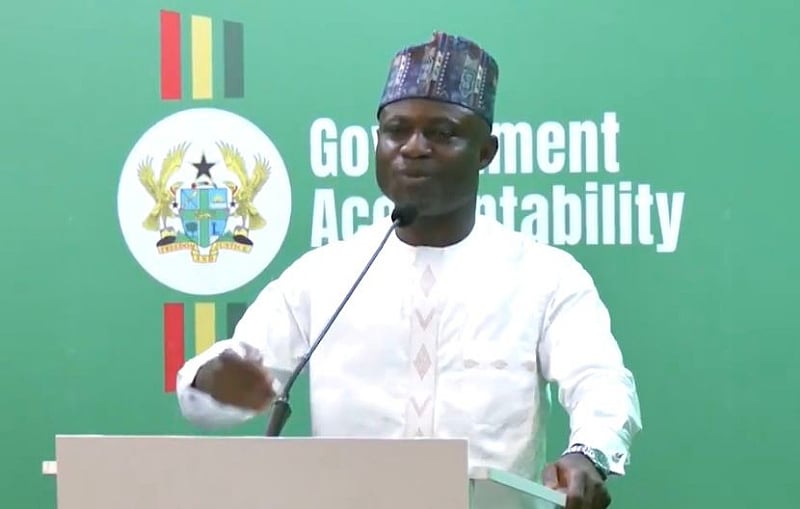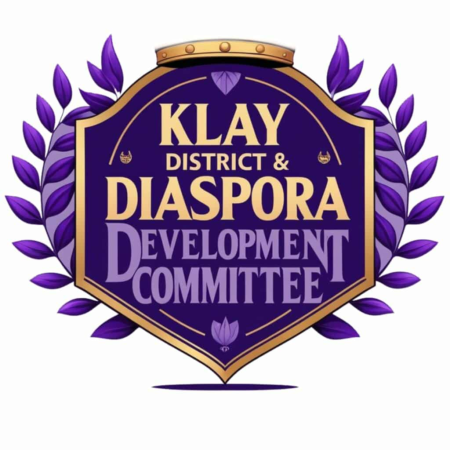The Minister for Health, Kwabena Mintah Akandoh, has addressed the persistent issue of delayed allowance payments for nursing trainees in Ghana, assuring a new era of regular disbursements. This commitment follows years of student complaints, protests, and instances where trainees reportedly completed their education without receiving their due allowances. The Minister’s announcement comes on the heels of a significant disbursement of GHS 462 million, covering six months of arrears for approximately 120,000 nursing trainees across the country. This action fulfills a key campaign promise by President John Dramani Mahama and signals a renewed focus on supporting future healthcare professionals.
The historical challenge of inconsistent allowance payments has been a source of significant frustration for nursing students in Ghana. The delays often led to financial hardship for trainees who relied on these funds to cover essential living expenses, including accommodation, food, transportation, and learning materials. The uncertainty surrounding payment timelines disrupted their studies and, in some cases, contributed to student demonstrations and protests. The situation became particularly dire for students who reportedly graduated without receiving their full allowances, leaving them with financial burdens as they transitioned into their professional careers.
The recent disbursement of six months’ arrears represents a substantial step towards rectifying these long-standing issues. The GHS 462 million allocation demonstrates the government’s commitment to prioritizing the welfare of nursing trainees. The timely payment of allowances is crucial not only for alleviating financial hardship but also for bolstering student morale and fostering a more conducive learning environment. By ensuring that nursing students receive the financial support they need, the government aims to encourage greater focus on their education and ultimately contribute to a stronger healthcare workforce.
The Ministry of Health has emphasized that the recent payment is not a one-off event but rather the beginning of a sustained effort to ensure regular allowance disbursements. Minister Akandoh’s commitment to maintaining the momentum signifies a shift towards a more predictable and reliable system for allowance payments. This assurance provides nursing trainees with much-needed financial security, allowing them to plan their finances more effectively and concentrate on their studies without the constant worry of delayed payments. The consistent disbursement of allowances will also help reduce the potential for future student unrest and foster a more positive relationship between the government and nursing trainees.
The government’s initiative to prioritize nursing student allowances is part of a broader strategy to strengthen the healthcare sector. By investing in the education and training of future health professionals, the government aims to improve the quality and accessibility of healthcare services across the country. Well-trained and adequately supported nurses are essential for delivering effective patient care, addressing public health challenges, and achieving national health goals. The regular payment of allowances is seen as a crucial component of this broader investment in human capital within the healthcare sector.
The commitment to regular allowance payments represents a significant policy shift that acknowledges the crucial role nursing trainees play in Ghana’s healthcare system. By addressing the historical issue of delayed payments, the government seeks to create a more supportive and encouraging environment for nursing students. This investment in the future of healthcare will not only benefit individual trainees but will also contribute to a stronger, more resilient healthcare system capable of meeting the evolving health needs of the Ghanaian population. The ongoing commitment to timely and consistent allowance disbursements underscores the government’s recognition of the vital role of nurses in building a healthier future for Ghana.














